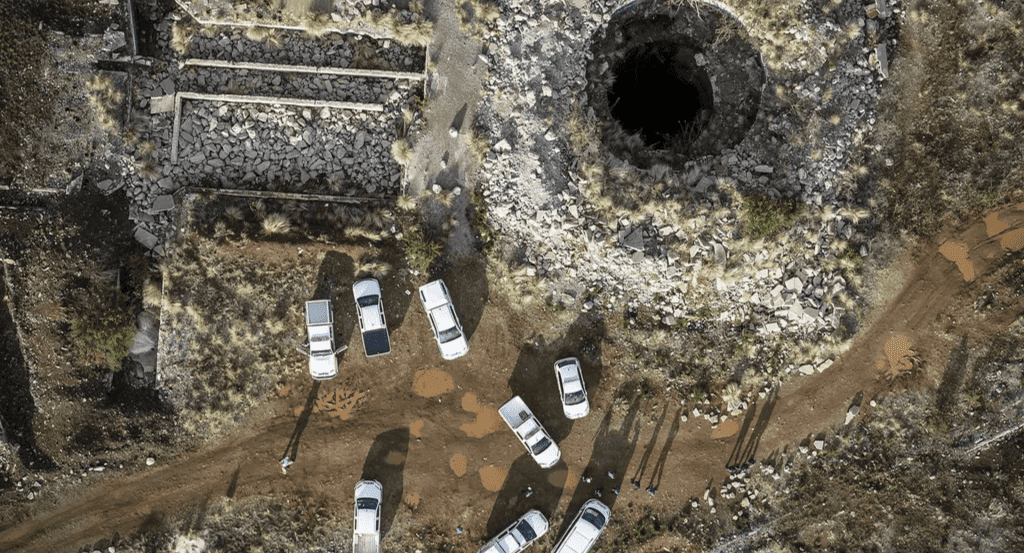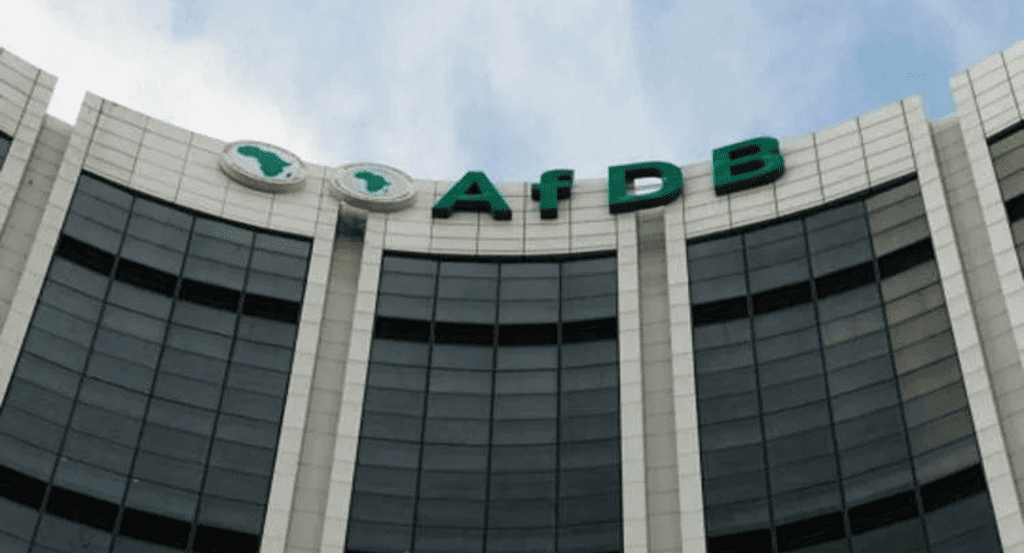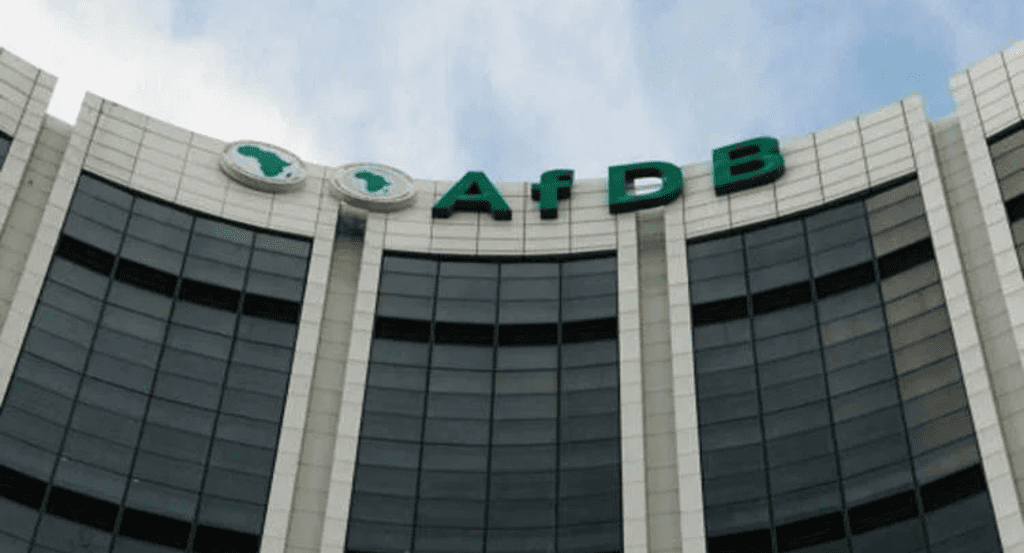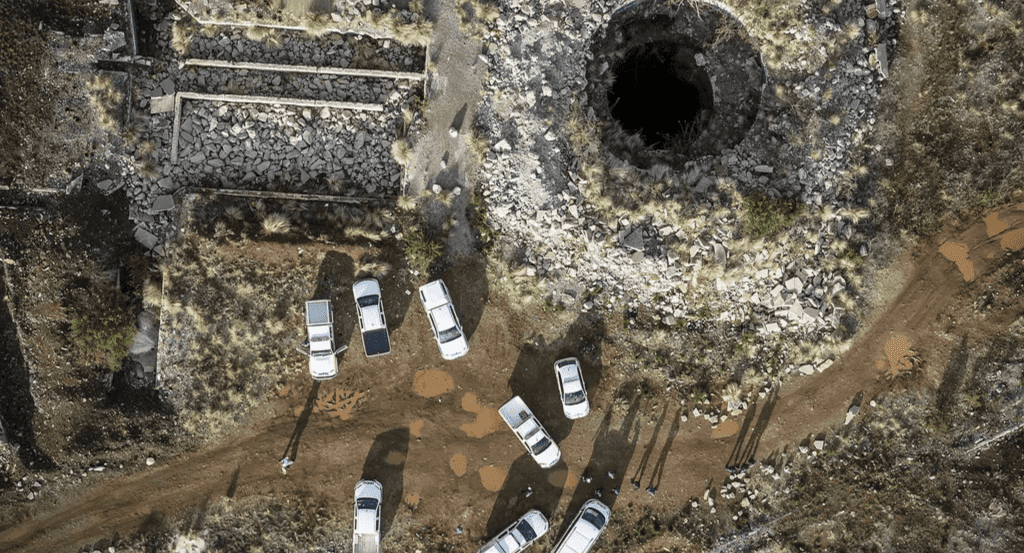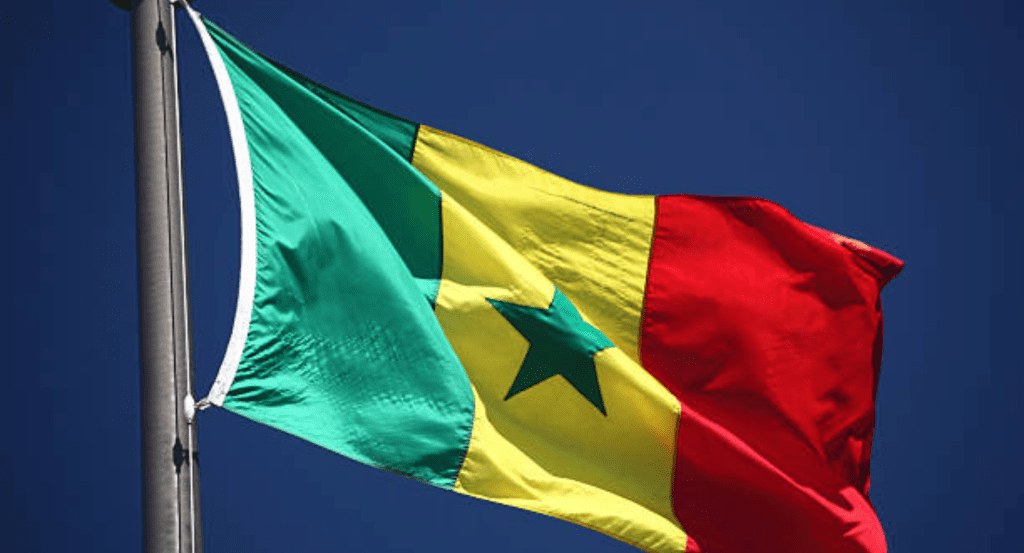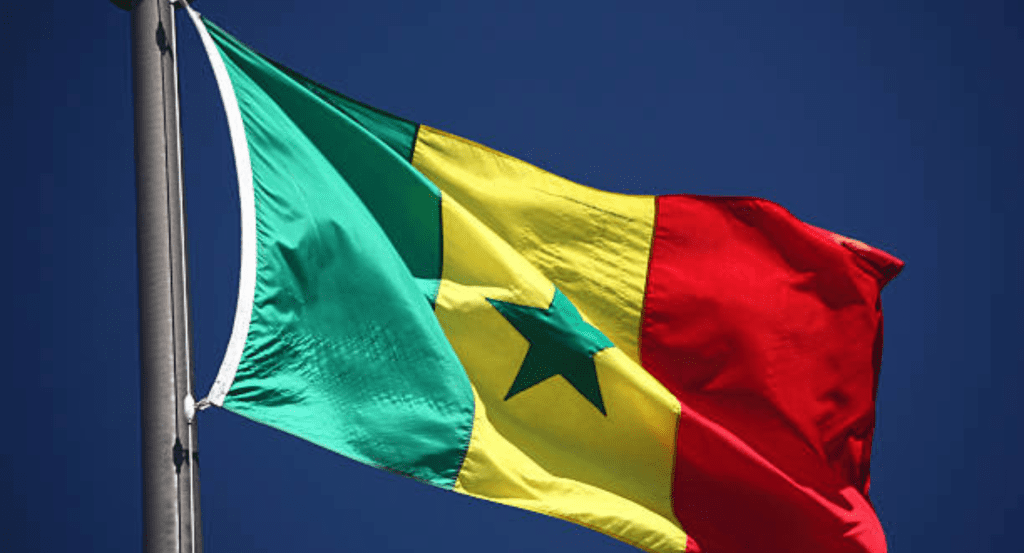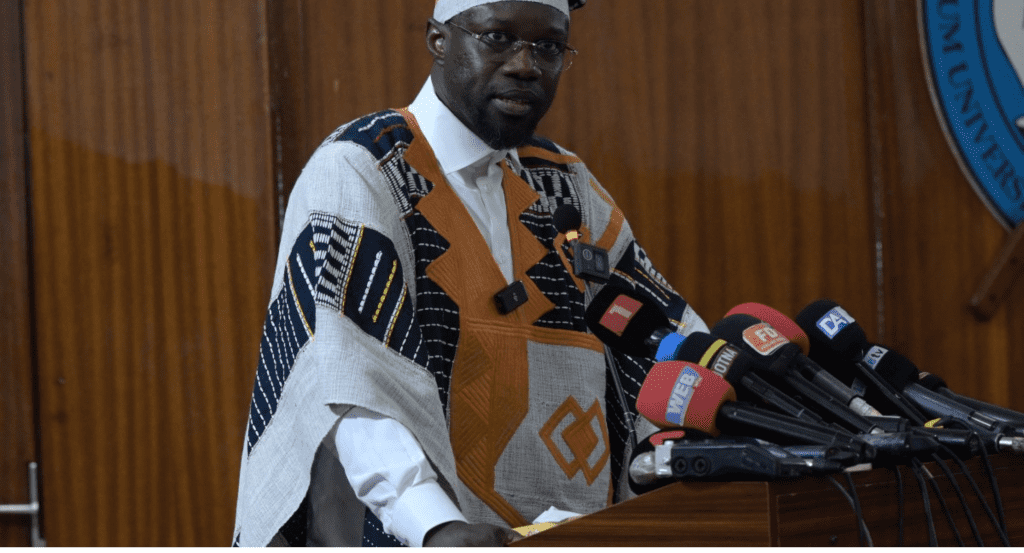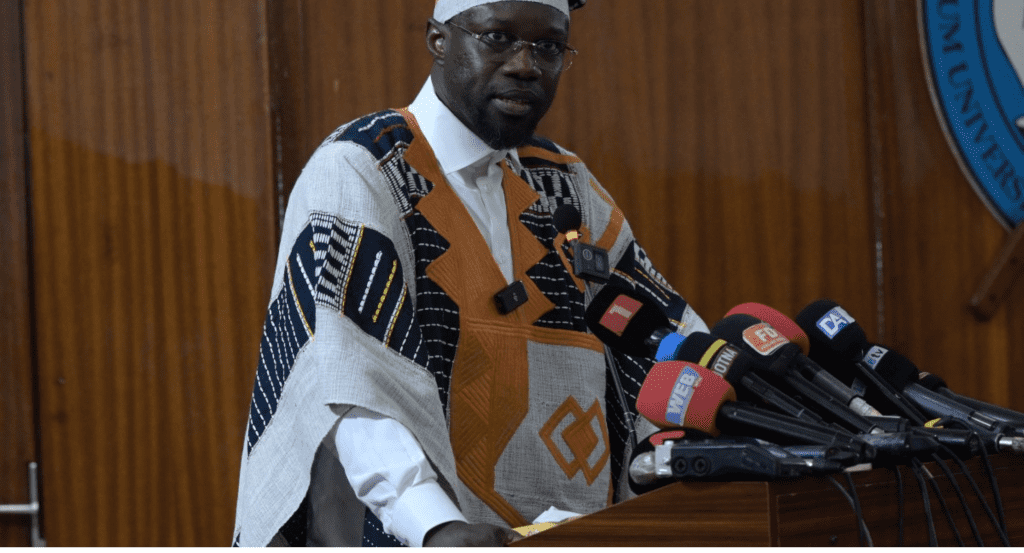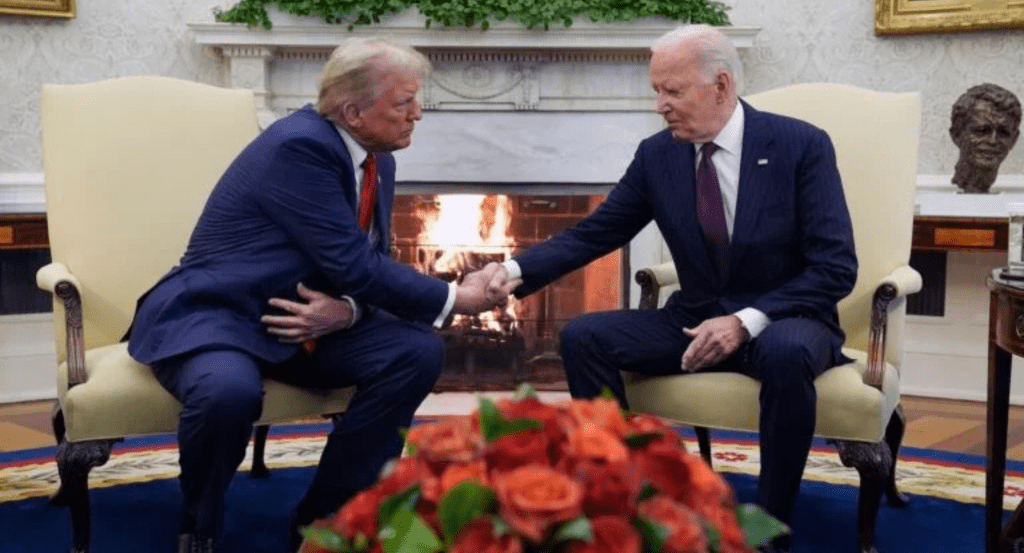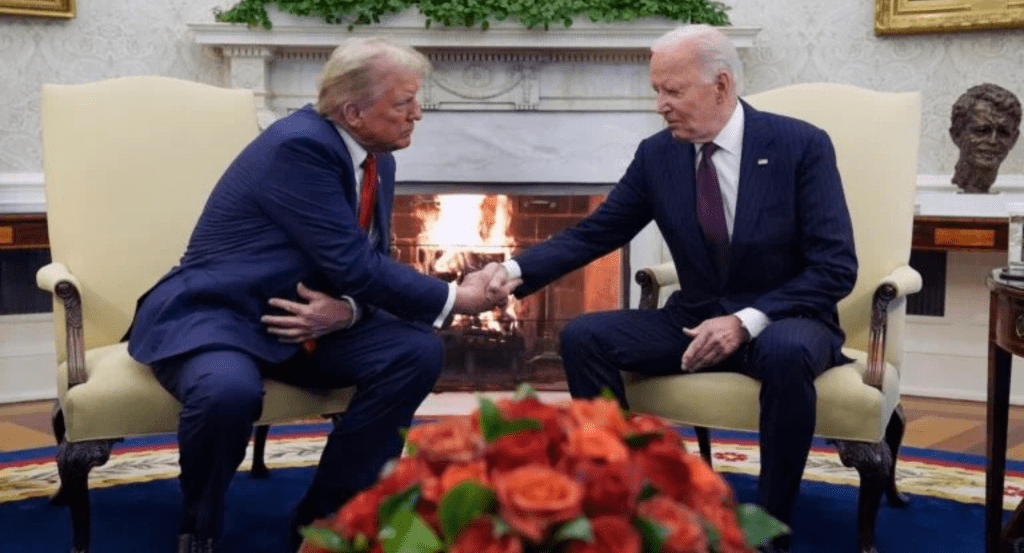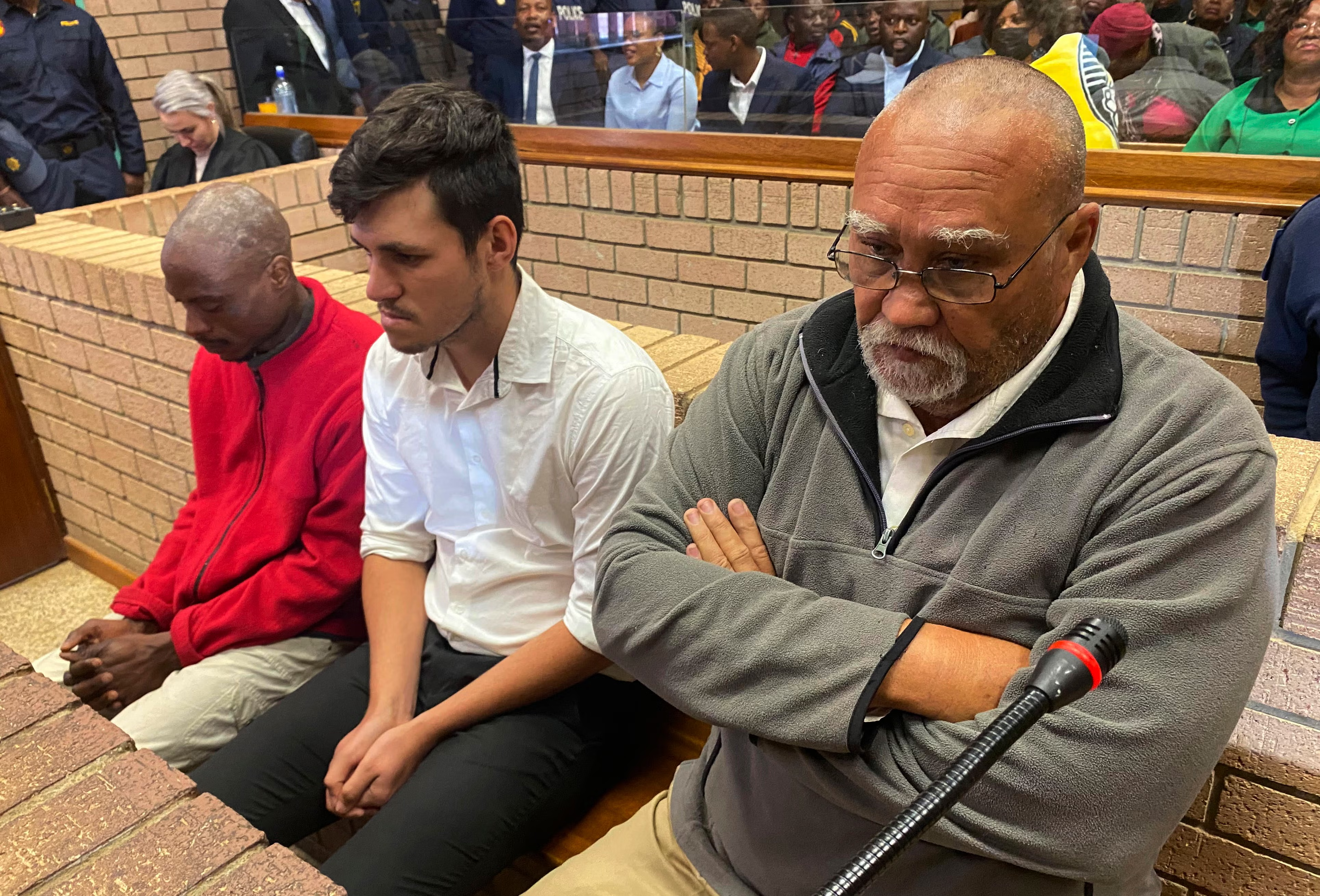Nigeria’s President has come under scrutiny for the recent decision to end the fuel subsidy, a move aimed at addressing the country’s long-standing economic challenges. In his defense, the President emphasized that the subsidy had become unsustainable and was draining the nation’s resources, contributing to fiscal deficits and limiting investments in crucial sectors like healthcare and education.
The removal of the subsidy has led to an increase in fuel prices, causing widespread hardship for many Nigerians already grappling with inflation and economic instability. The President acknowledged the difficulties this transition has caused but argued that it was a necessary step toward fostering a more resilient and self-sufficient economy. He noted that the government plans to implement measures to cushion the impact of the subsidy removal, including cash transfers to vulnerable households and investment in alternative energy sources to reduce dependency on fossil fuels.
The President also expressed optimism that these reforms would ultimately lead to a more efficient allocation of resources, stimulate local production, and attract foreign investments. However, critics argue that the government’s response has been inadequate, and many citizens are struggling to make ends meet as prices for goods and services continue to rise.
As the country navigates these challenges, the President’s administration is under pressure to demonstrate that the long-term benefits of removing the fuel subsidy will outweigh the immediate hardships faced by the populace. The situation remains tense, with ongoing discussions about how best to support citizens during this transition and ensure that the nation’s economic recovery is both inclusive and sustainable.
Amid the turmoil surrounding the subsidy removal, public protests have erupted across various states in Nigeria, with citizens expressing their frustration over rising living costs and the perceived lack of effective government support. Demonstrators have taken to the streets, demanding accountability and a more transparent approach to the implementation of economic policies.
In response to these protests, the President has called for calm and dialogue, urging citizens to understand the necessity of the subsidy removal for the long-term economic health of the nation. He has also emphasized the government’s commitment to addressing the immediate concerns of the population, highlighting the allocation of funds for social welfare programs designed to assist those most affected by the changes.
Experts have warned that the situation could exacerbate existing socio-economic disparities, particularly in regions where poverty rates are already high. The government is reportedly working on expanding social safety nets, including food assistance programs and vocational training initiatives, aimed at empowering individuals to adapt to the changing economic landscape.
Additionally, the administration is exploring partnerships with private sectors and international organizations to bolster economic development initiatives and create job opportunities. The goal is to stimulate local industries, enhance productivity, and reduce unemployment rates, which have been a significant concern for Nigerians in recent years.
As the government grapples with the fallout from the subsidy removal, many citizens remain hopeful for a more prosperous future but are wary of the immediate hardships. The effectiveness of the government’s proposed measures and its ability to communicate transparently with the public will be critical in restoring confidence and ensuring stability in the coming months. The President’s administration faces a crucial test in navigating these challenges while striving to fulfill its promise of economic reform and growth for Nigeria.



